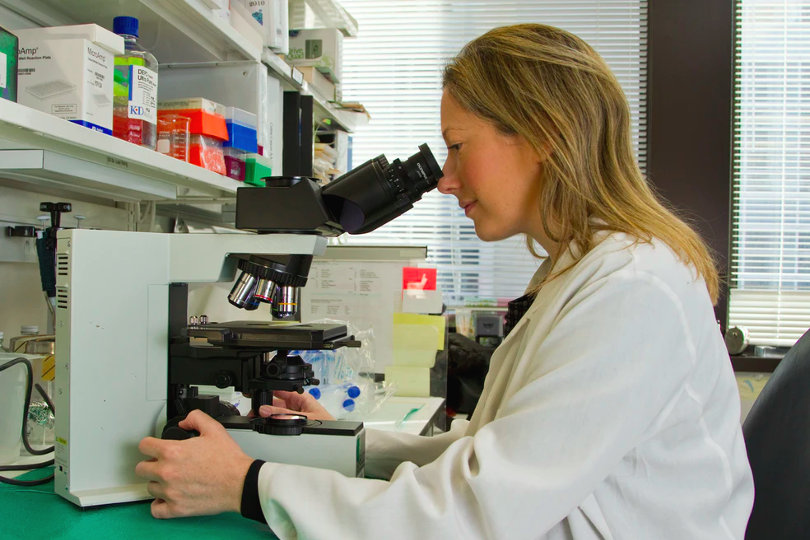Like numerous other college and school students, medical school students in the United States are made to face a whole host of new challenges in the wake of the recent pandemic. With all schools and colleges, including medical schools, remaining shut due to Covid-19, med school students have no choice but to adapt to the online class and remote learning environment.

However, the challenges of remote learning haven’t been the same for all medical students. As it is in the US, the med school curriculum for students in their first two years mostly consists of classroom lectures, discussions, and lab attendance. Things are rather different for students in their final two years of study. During this time, students are typically required to assist doctors, watch surgical procedures in person, and visit hospitals and clinics (also called clinical rotations).
The remote learning process has posed some problems for first and second-year students as this has been somewhat of a dramatic shift compared to erstwhile traditional classroom lectures. However, this has been true for pretty much all students across the nation. But the ones who have really been hit the hardest by the current pandemic-ridden situation are the third and final year med students.
A third-year med student at David Geffen School of Medicine spoke to CNBC about the problems facing them. The student said that he was in the first year of his rotations when the pandemic hit and the school was closed. So, now he has no recourse but to watch surgeries being done over Zoom and to read books about surgery. He maintains the difference is vast between attending surgeries in person by visiting hospitals and watching them over Zoom. He gave vent to his anxiety that this would perhaps affect his perception and understanding of surgery for the rest of his career.

Things have been even tougher for many final year students whose graduation has been either canceled or postponed. However, on the other end of the spectrum, certain medical schools have expedited graduation for final year students primarily striving to add to the number of qualified staff making up the support team for physicians attending Covid-related conditions at various medical facilities. Rutgers and Columbia University, for example, have graduated their final year medical students a month early.
This has also sparked a mixed response among graduating students. While some are happy to have graduated early and thus enter the workforce earlier than they had expected, there are also concerns among first-year residents regarding whether they are properly qualified at this time to work amidst the complex scenario created by the pandemic.
One final year student from Des Moines University who has found residency with Plainview Hospital in New York (even though her graduation had been canceled) gave voice to the above concern when she spoke to a CNBC correspondent. She said that she feels it would be a big challenge, especially amid this pandemic, for new residents to suddenly act as full-time physicians without passing through the requisite steps.
In this confusing time, many feel that companies specializing in matching medical graduates with accredited residency programs can be of great help. A good example of such a company is the Residents Medical Group. Residents Medical has much experience in preparing medical grads for finding good residency programs. The qualified staff at the company is great at making medical graduates obtain the core competencies that are required of new residents. The company helps candidates applying through Residents Medical gain the necessary skills and experience expected of students joining residency programs. And these skills, learned during this important in-transition phase in the life of every medical student, have to be more valuable now than ever.







